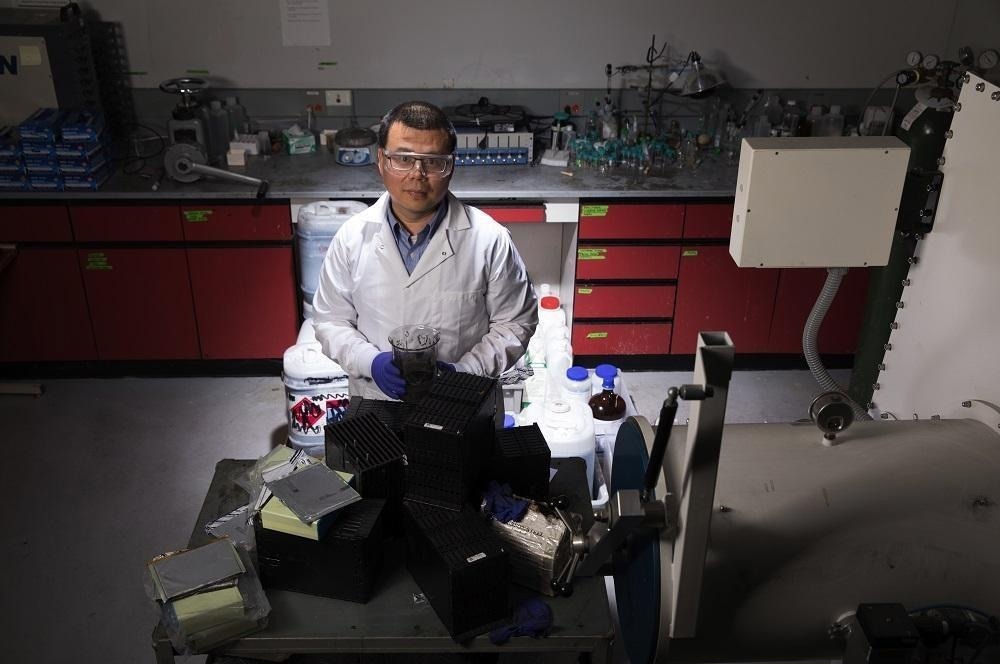A team led by Worcester Polytechnic Institute (WPI) researcher Yan Wang has created a method for producing lithium-ion battery electrodes that are solvent-free and greener, more affordable, and charges batteries more quickly than current electrodes on the market. This innovation could help with the production of batteries for electric vehicles.

Image Credit: Worcester Polytechnic Institute
The team published a dry-print manufacturing approach that does not require hazardous solvents or prolonged drying times, as is required when producing electrodes using slurries and traditional production techniques, in the journal Joule.
Wang, the WPI William B. Smith Dean’s Professor in the Department of Mechanical and Materials Engineering, claimed that the new process could be scaled up to produce electrodes that can charge more quickly than electrodes made using conventional methods while reducing manufacturing costs by up to 15%.
Current lithium-ion batteries charge too slowly, and manufacturers typically use flammable, toxic, and expensive solvents that increase the time and cost of production. Our solvent-free manufacturing process addresses those disadvantages by producing electrodes that charge to 78 percent of capacity in 20 minutes, all without the need for solvents, slurries, and long production times.
Yan Wang, William B. Smith Dean’s Professor, Department of Mechanical and Materials Engineering, Worcester Polytechnic Institute
Commercial lithium-ion battery electrodes are normally created by combining active ingredients, conductive additives, polymers, and organic solvents to form a slurry pasted onto a metal substrate, baked in an oven, and then cut into pieces for use in batteries. Distillation is used to recover the solvents.
In contrast, the researchers’ method required combining dry particles that were electrically charged so they would stick when sprayed over a metal substrate. After that, rollers were used to heat and compress the dry-coated electrodes.
According to the researchers, cutting out the traditional drying and solvent recovery procedure reduced the energy needed to manufacture batteries by an estimated 47%.
Wang has spent much time working to improve lithium-ion batteries and lessen the trash they produce. He helped establish the battery recycling technology business Ascend Elements.
The Department of Energy has financed Wang’s work on electrode production in collaboration with the Massachusetts Clean Energy Center and the United States Advanced Battery Consortium LLC.
Researchers from Texas A&M University, Rice University, Microvast Inc., Argonne National Laboratory, Brookhaven National Laboratory, and Yangtao Liu ‘22 (Ph.D.), graduate student Jinzhao Fu, assistant research professor Xiaotu Ma, Panawan Vanaphuti ‘22 (Ph.D.), and Rui Wang ‘23 (Ph.D.), all of WPI, worked together on the project.
On behalf of the manufacturing technique created by Wang’s team, WPI has submitted a patent application. Wang and Heng Pan of Texas A&M University also co-founded AM Batteries Inc., a venture-backed company that works with Amperex Technology Limited (ATL) and other companies to scale up solvent-free electrode production.
Source: https://www.wpi.edu/